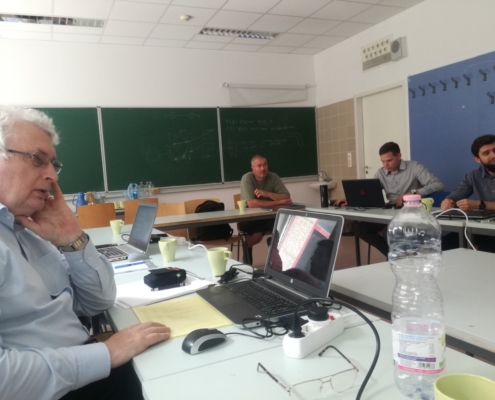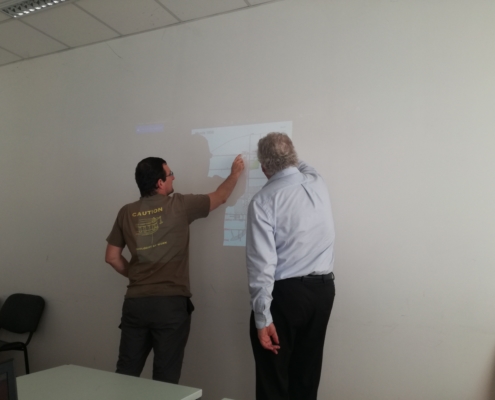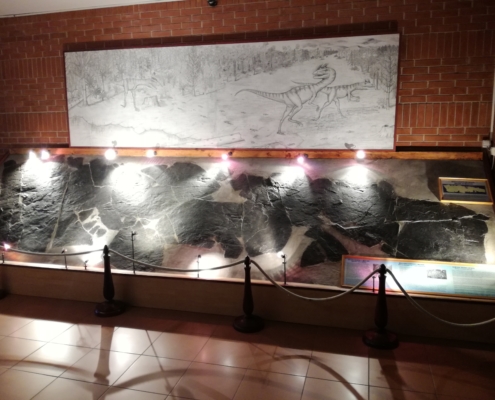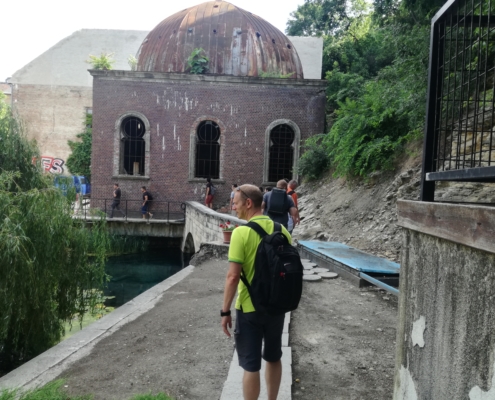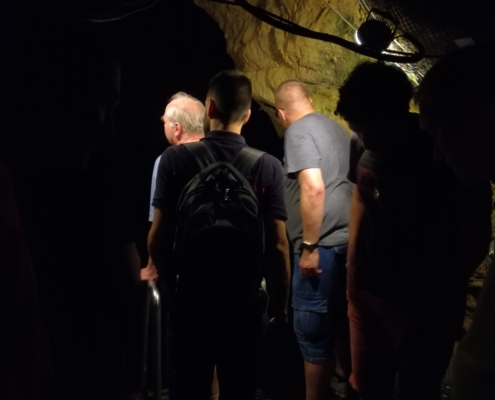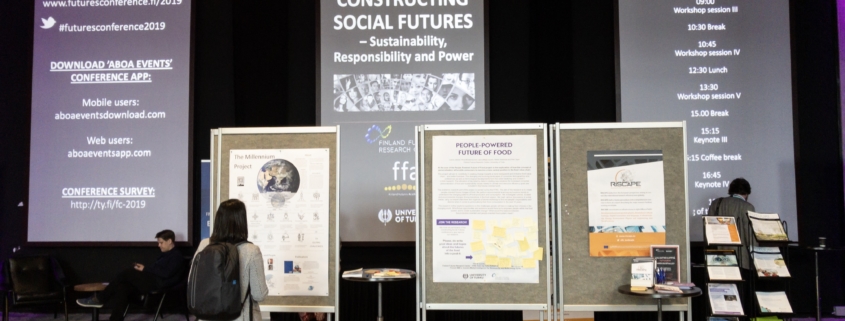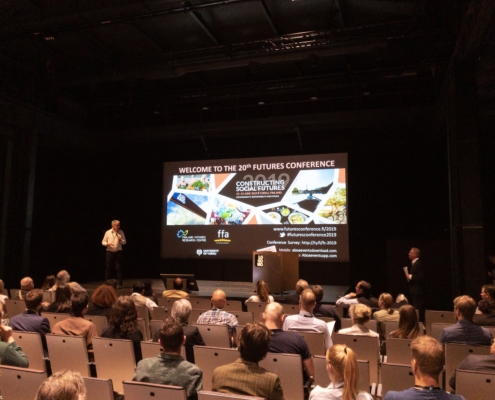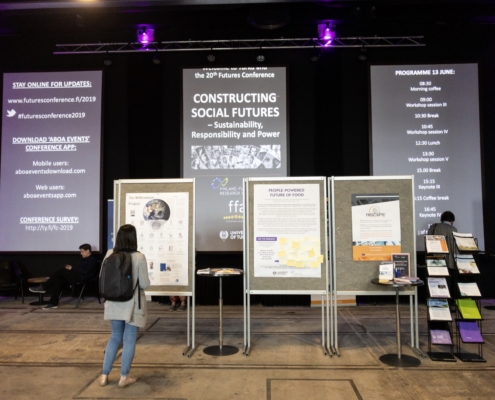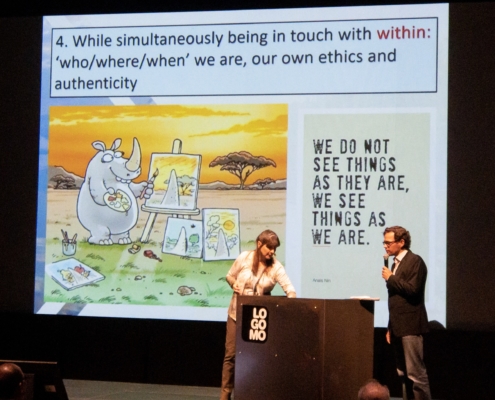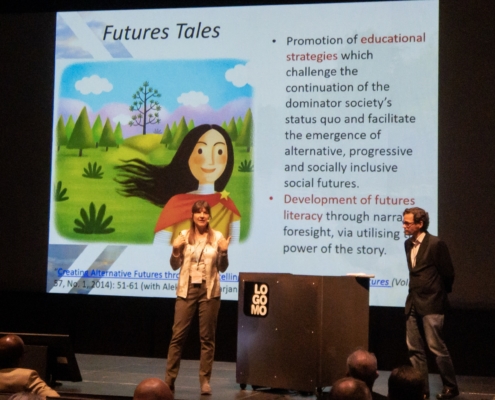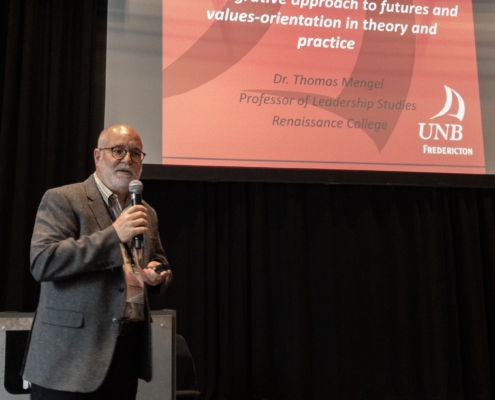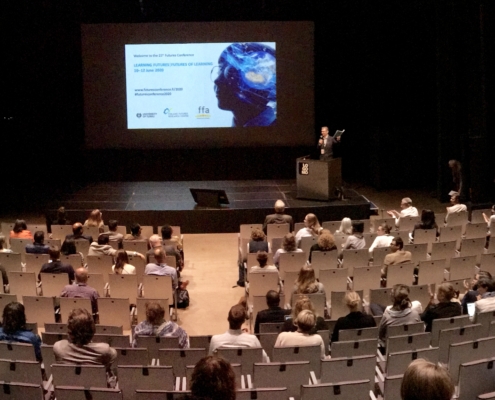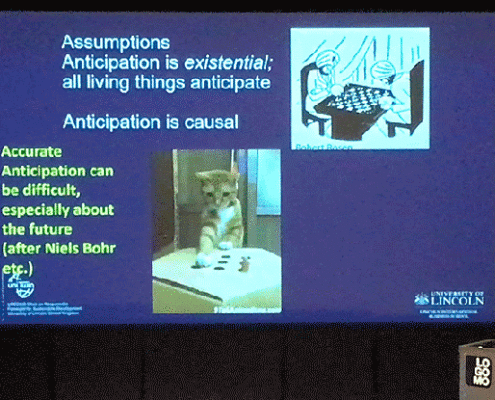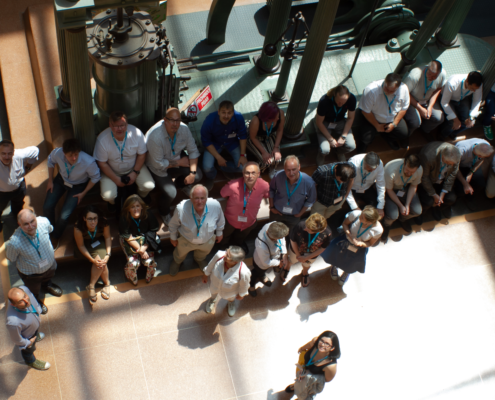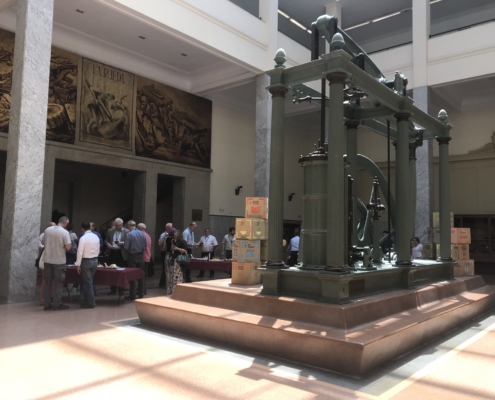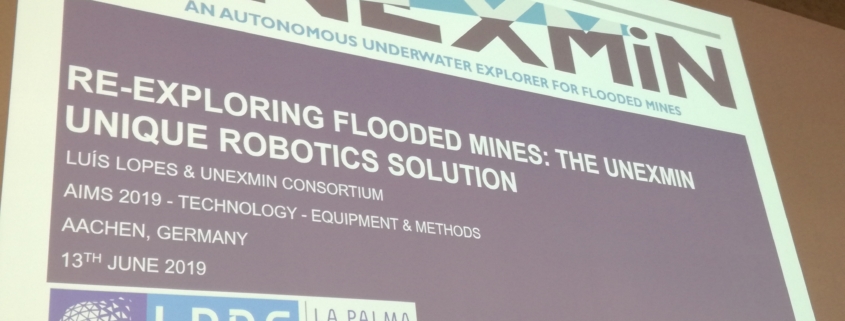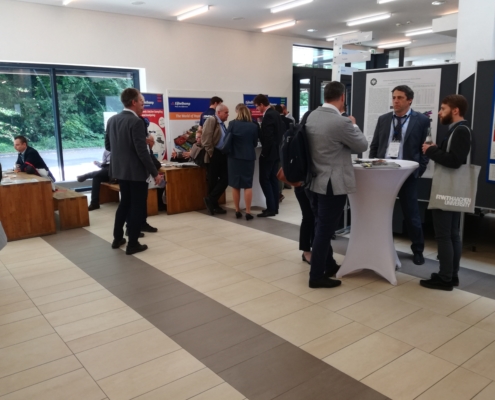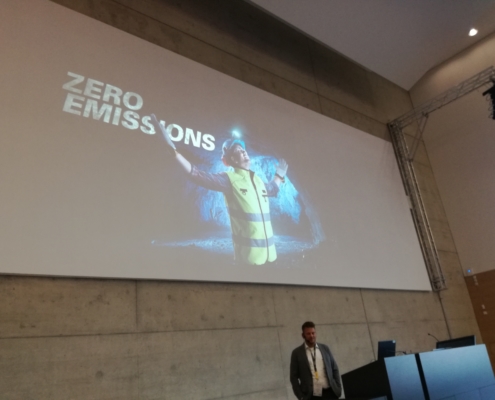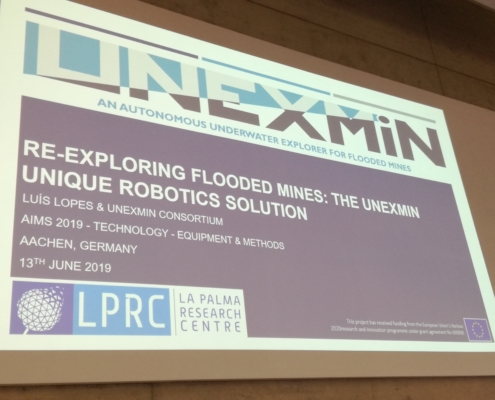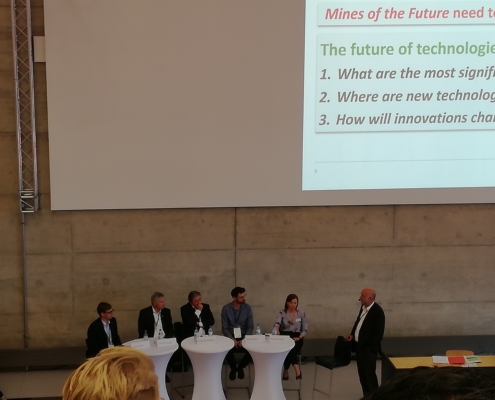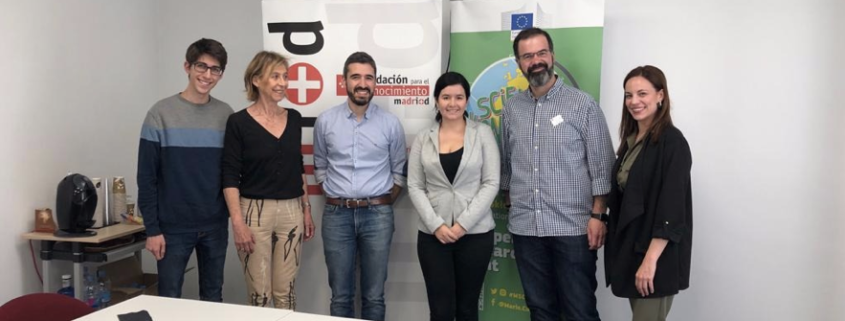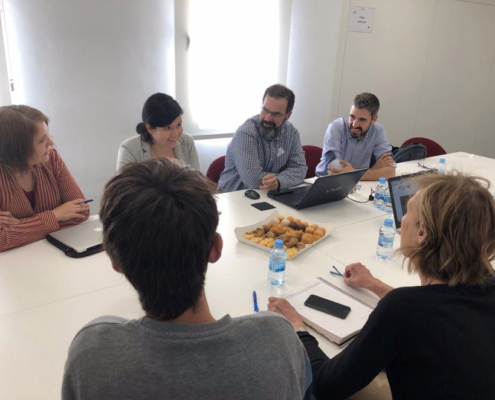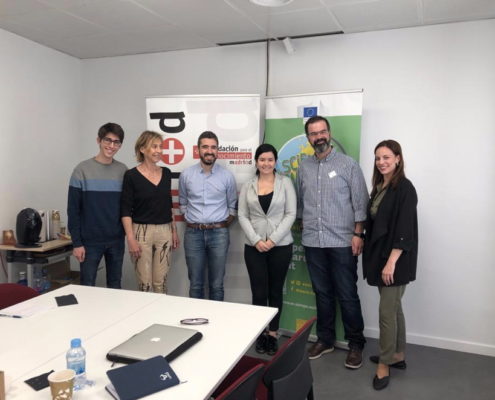UNEXMIN Consortium meeting, Budapest
LPRC member Luís Lopes recently participated in the UNEXMIN Consortium workshop in Budapest, on the 24 and 25th of June, where the UNEXMIN partners discussed the current state of the technology, the final steps of the UNEXMIN project and the vision and objectives for the future. Discussion and preparation for the field trials at the Molnár János Cave also took place.
The two days event started with discussion on the navigation and autonomy features of the UX-1 robot. Here the technical teams discussed the state-of-the-art of the UNEXMIN technology and the improvements that they need to see to better manage navigation and the crucial autonomy component. After this session, the team focused on the geoscientific evaluation that will need to arise from the data obtained during the different trials. Providing relevant geoscientific data, that cannot be obtained in any other way is the motto of the UNEXMIN technology – the one item that will prove the technology to be of use. The first day finished with a short discussion on the final UNEXMIN conference and its planning – registration is open and free for everyone: https://www.unexmin.eu/unexmin-final-conference/
The second day began with a presentation on the remaining project deliverables, and it continued with interactive debate on future possibilities for the innovative solution. In the afternoon the partners travelled to the Molnár János cave, place where the next and final UNEXMIN field trial will take place, and started the preparations of the testing.
LPRC contributed to discussions on the geosientific data evalutation and preparation as well as relevant input for the remaining period of the UNEXMIN project (until 31st of October) and the future applications of the technology in the market. Glad to be active part in this project!

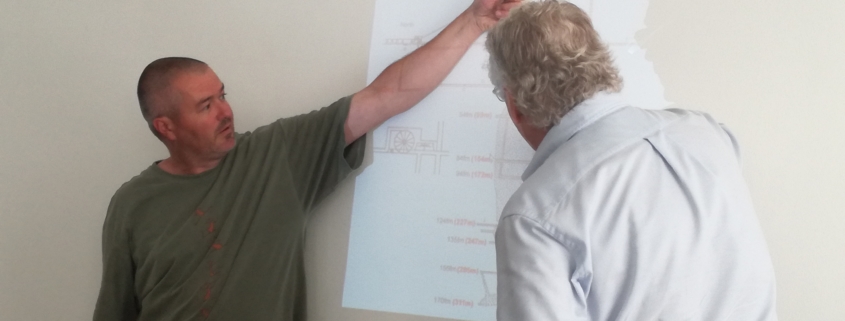 La Palma Research Centre
La Palma Research Centre